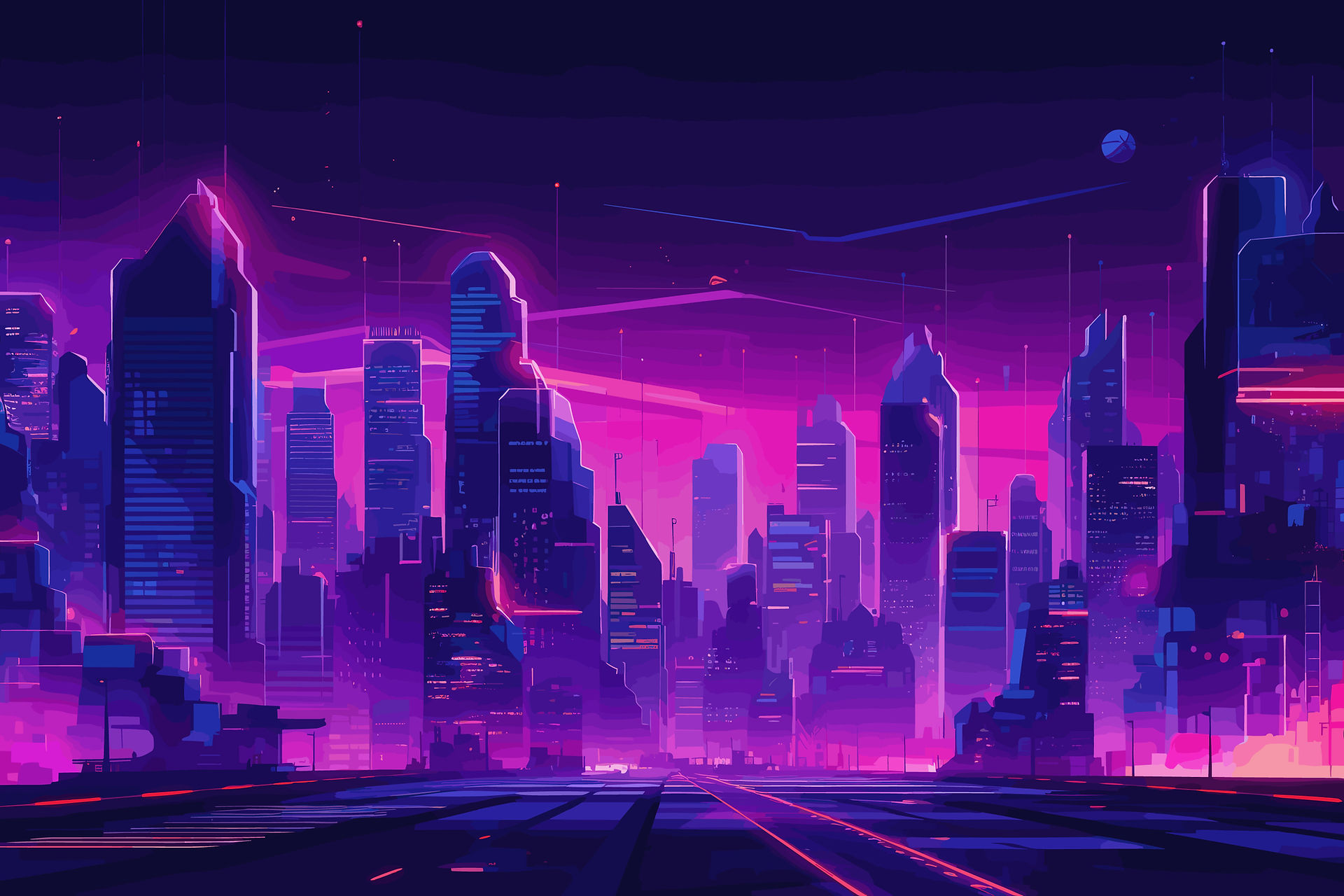The Ghost Actress: Why AI's Perfection Is a Tragedy for Human Artistry
- Mr Richard

- Oct 6, 2025
- 2 min read
The recent announcement of an AI actress, Tilly Norwood, a perfectly rendered digital creation able to “perform” in movies and media, marks a new and deeply unsettling moment for entertainment. Supporters talk about the efficiency and endless possibilities of an artist who never ages, never needs a paycheck, and is always ready to work. But we need to take a closer look at what’s really being lost here. This isn’t just about fancy visual effects; it’s about a fundamental change in how we value creativity and the human touch.
An AI can copy emotion from massive data sets, but it can never truly feel joy, grief, or conflict. We risk mistaking technical skill for real emotional depth, trading the soul of performance for something flawless but lifeless.

The biggest immediate concern is what this means for real actors. The film industry already struggles with unstable work, and now it faces the threat of being replaced altogether. Why hire extras or even supporting roles when AI can create an endless cast instantly, tailored to any style or setting?
This shift is all about control and cost-cutting — protecting corporate profits at the expense of thousands of creative workers. If acting becomes nothing more than a digital product, the industry stops being a space for human expression and turns into another automated factory line.
On top of that, the rise of an AI actress raises serious ethical questions about ownership and exploitation. These systems learn to “act” by analyzing the work of countless real performers — often without permission or credit. The result is a ghost in the machine: an algorithm built from the creativity of others. Whose likeness is being used? Whose voice is being copied?
In the end, embracing an AI actress shows a troubling preference for perfection over authenticity. The power of human performance lies in its flaws, in the vulnerability and life experience that every actor brings to a role. By giving that space to a polished, programmable entity, we lose something essential: genuine emotional connection. Art is supposed to reflect who we are. If that reflection becomes a digital illusion, we’re not advancing creativity, we’re walking away from it.




Comments